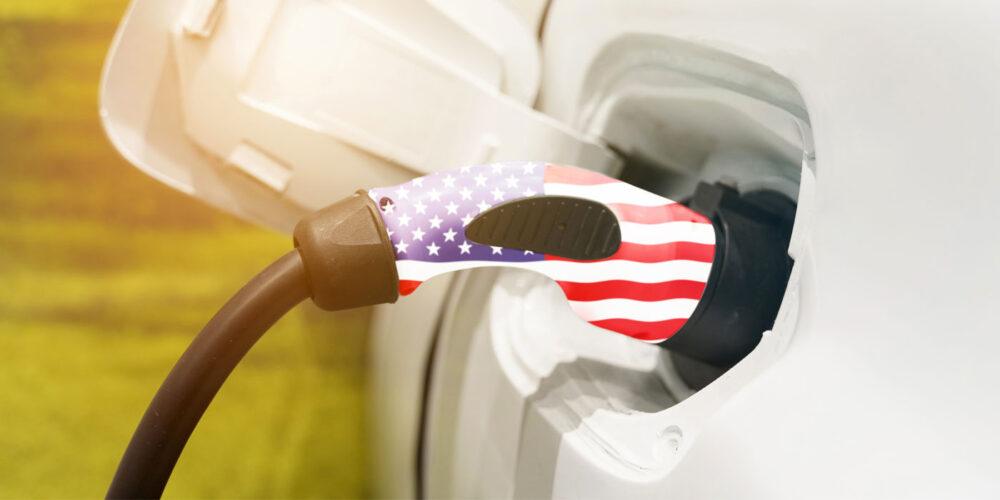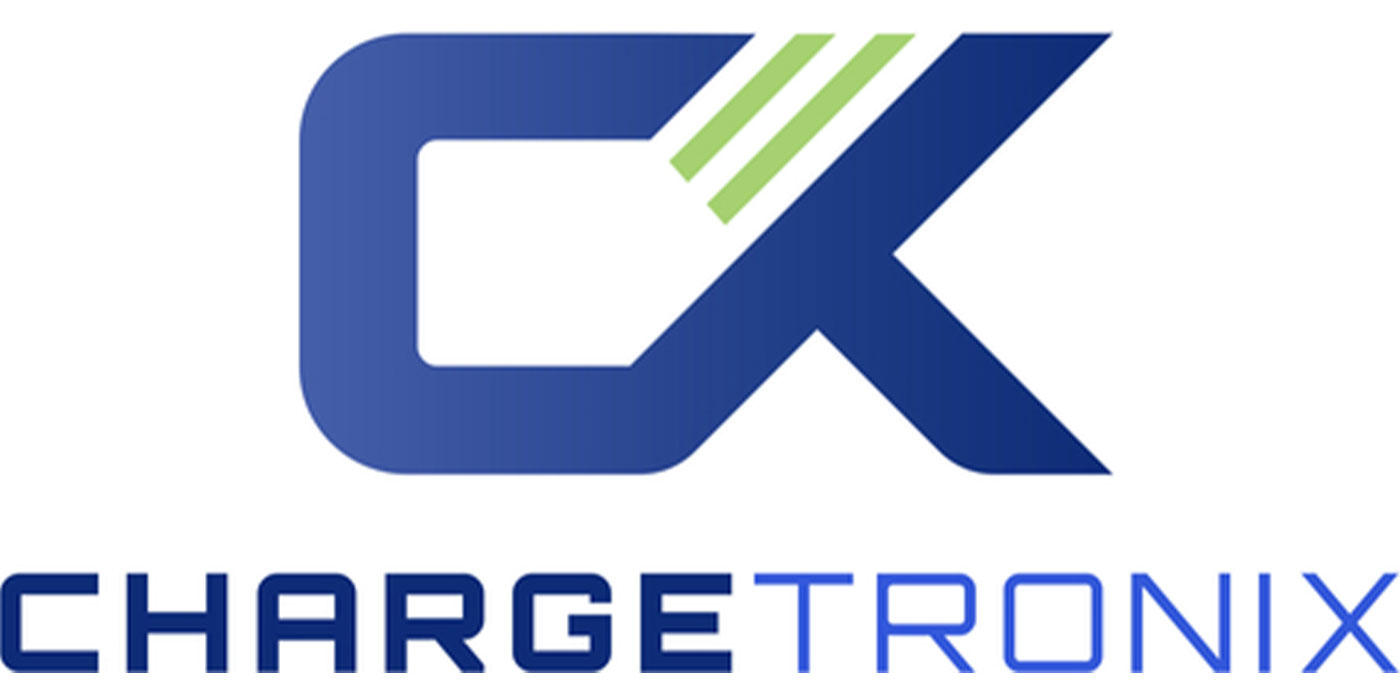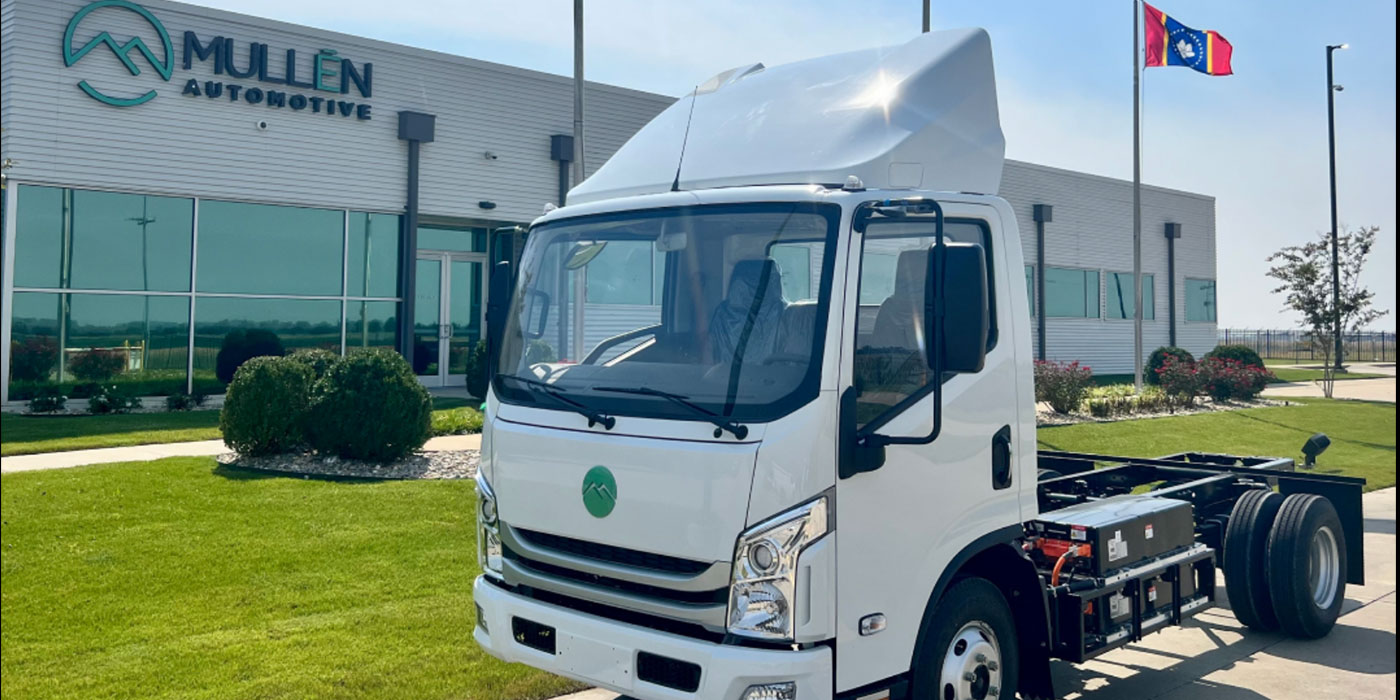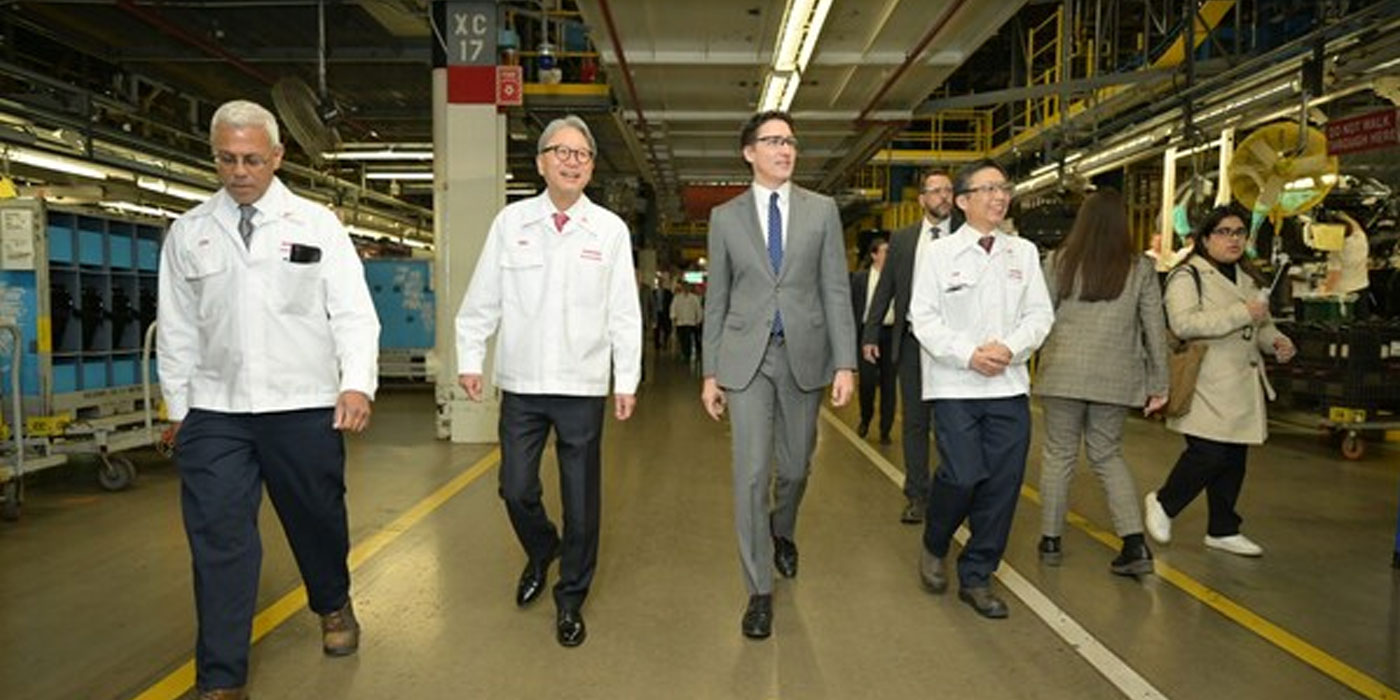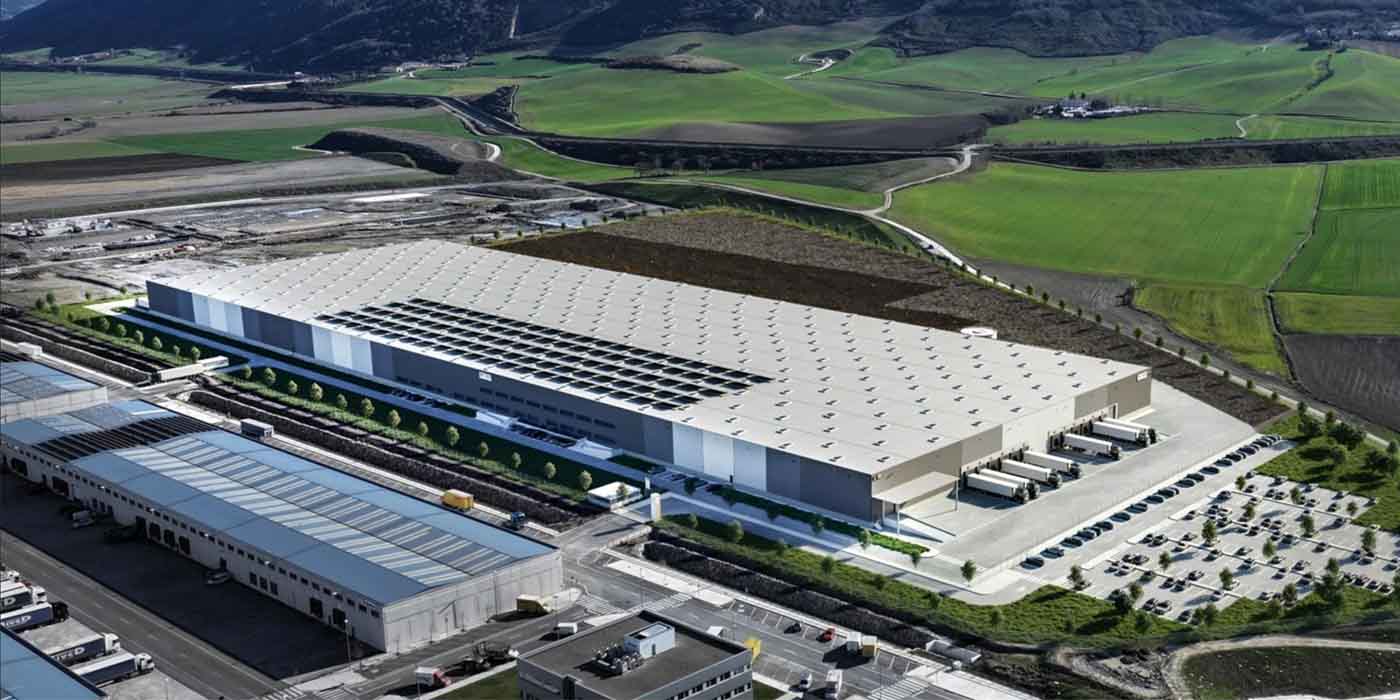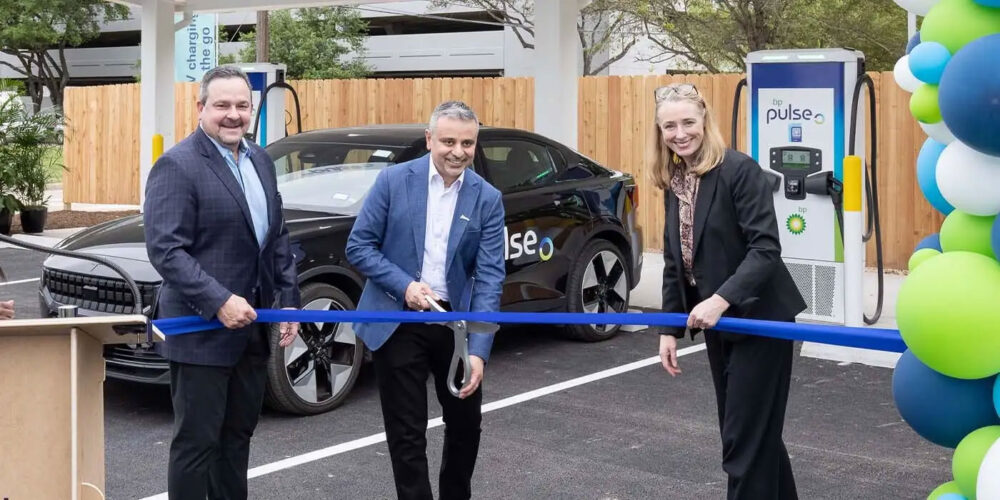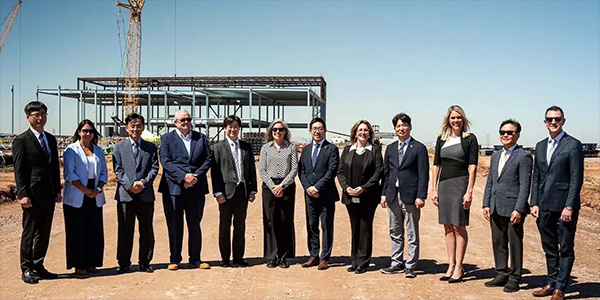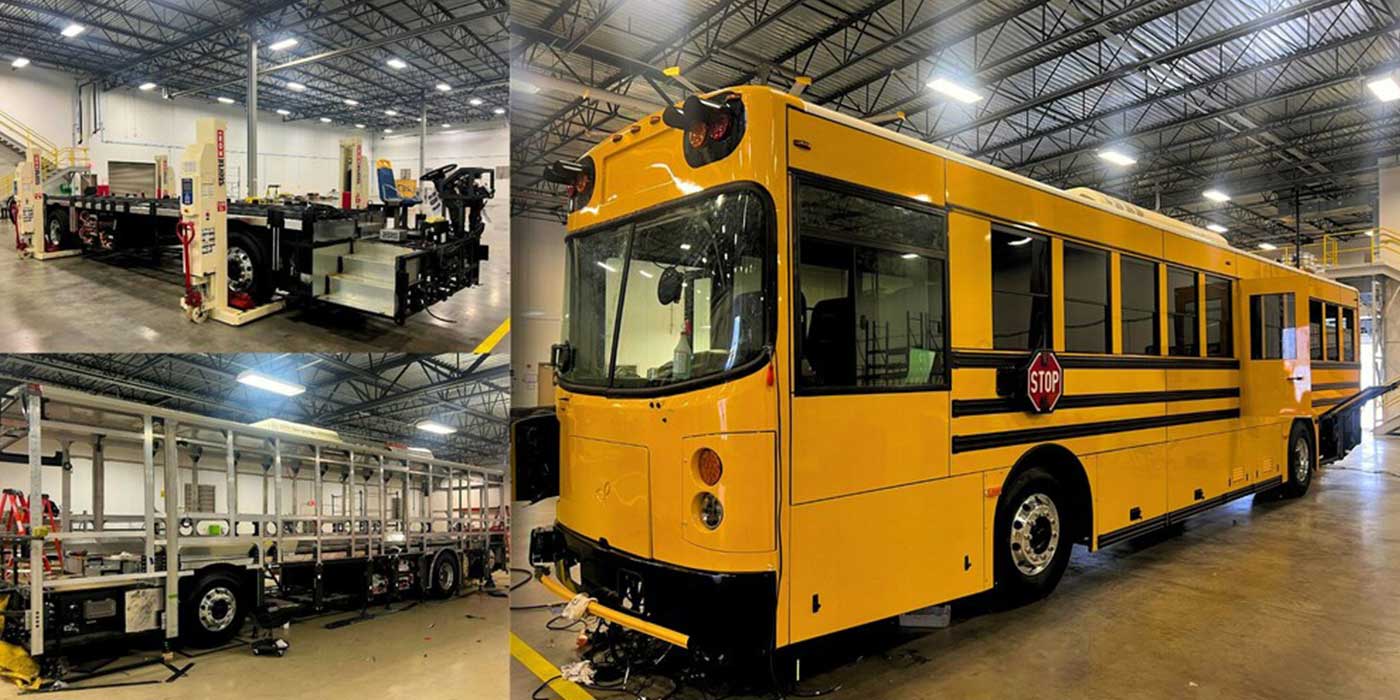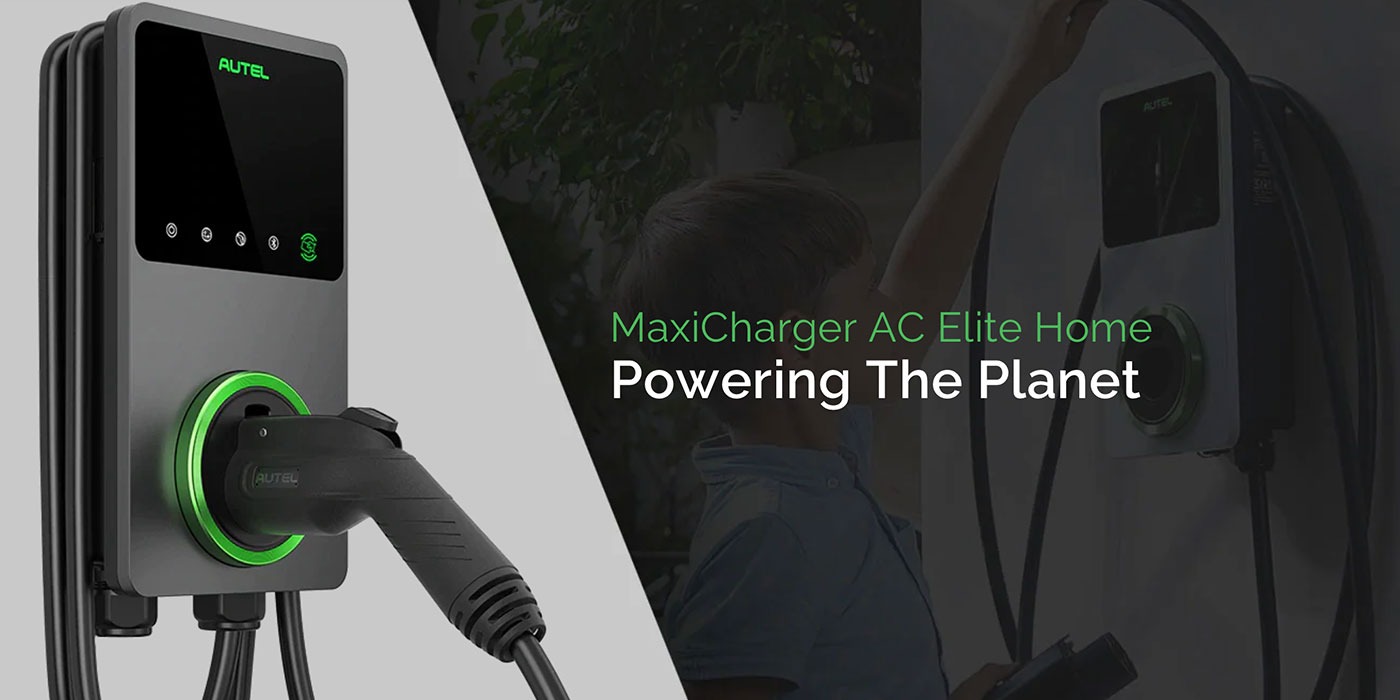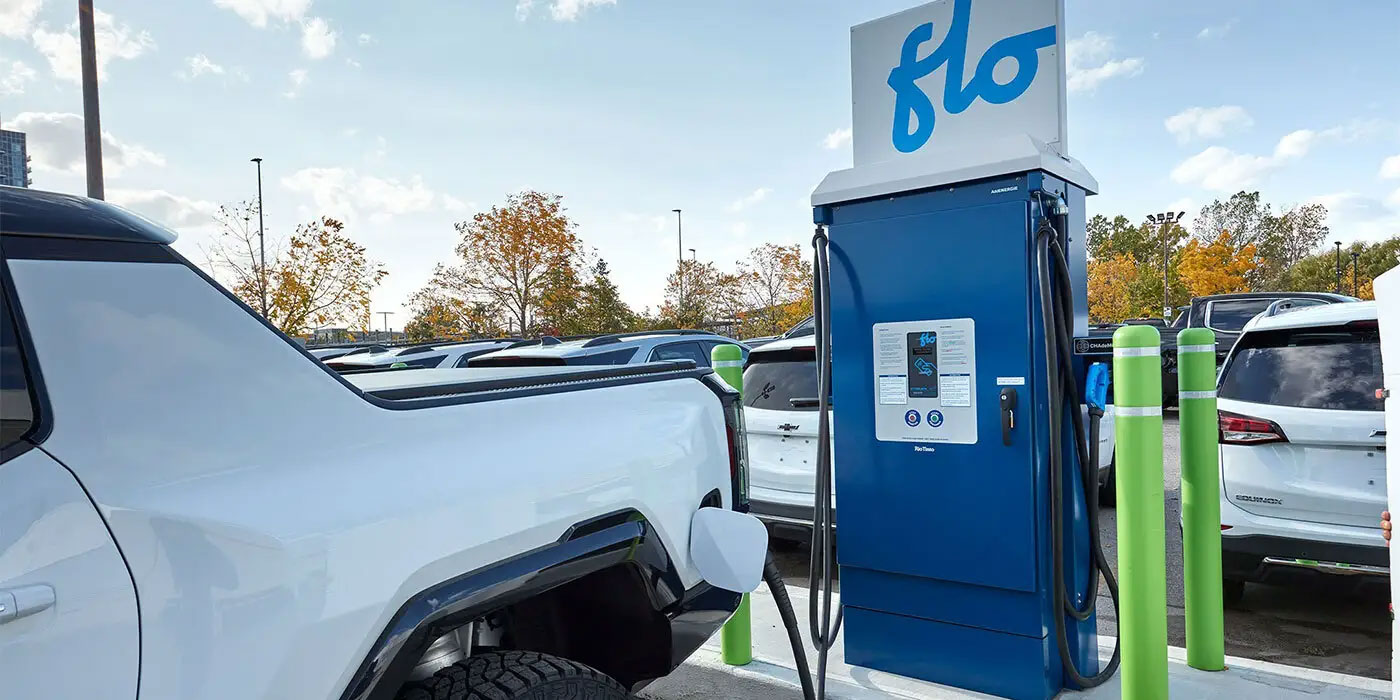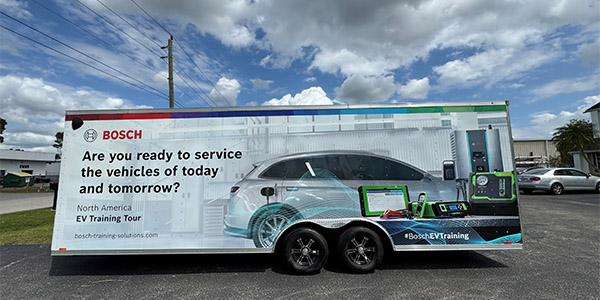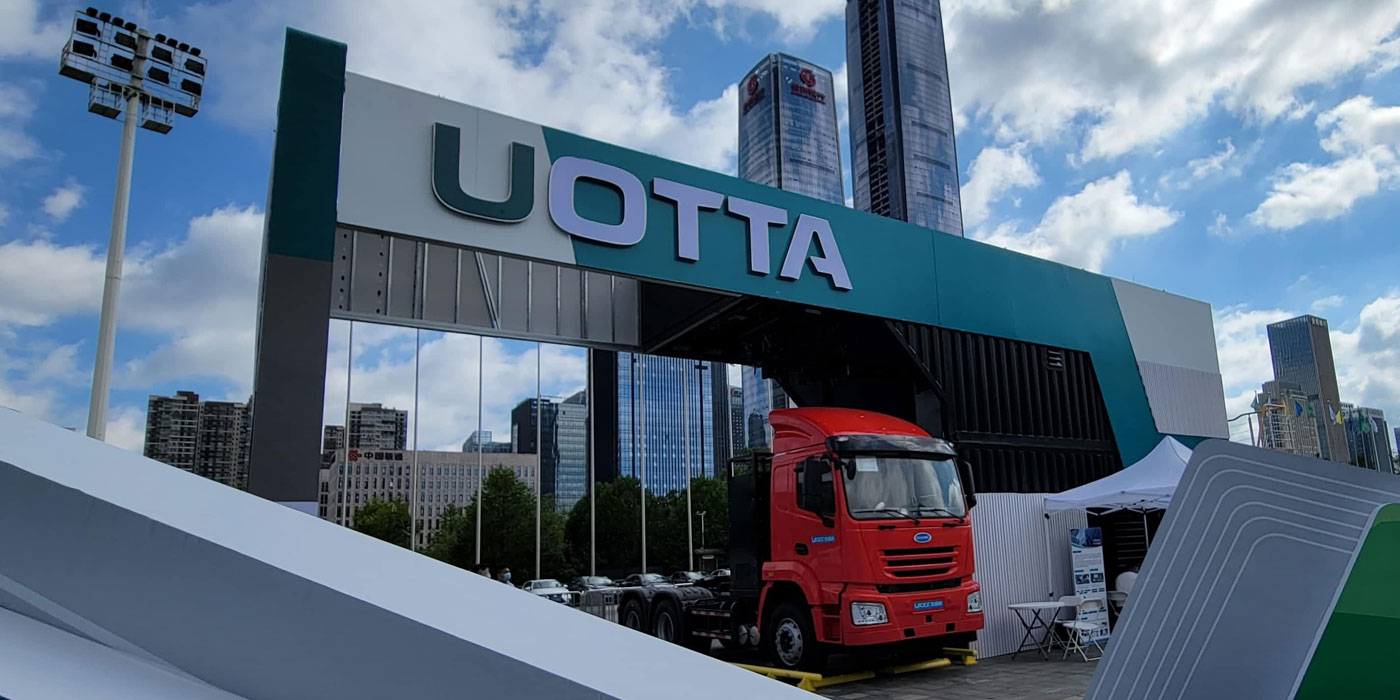This article is courtesy of The Buzz EV News, by David Sickels
The Biden-Harris Administration has announced its latest set of actions which it says is aimed at creating a convenient, reliable and made-in-America electric vehicle (EV) charging network. These steps will help the United States meet the president’s goal to build a national network of 500,000 electric vehicle chargers and that EVs make up at least 50% of new car sales by 2030.
Biden’s Bipartisan Infrastructure Law invests $7.5 billion in EV charging, $10 billion in clean transportation, and over $7 billion in EV battery components, critical minerals, and materials. These flagship programs complement the Inflation Reduction Act’s support for advanced batteries and new and expanded tax credits for purchases of EVs and to support installations of charging infrastructure, as well as dozens of other federal initiatives designed to drive domestic manufacturing and build a national network of EV charging, the Administration says.
The Administration’s actions include:
- The Department of Transportation, in partnership with the Department of Energy, finalized new standards to make charging EVs convenient and reliable for all Americans, including when driving long distances. The new standards will ensure everyone can use the network, no matter what car you drive or which state you charge in, the Administration says. The standards also require strong workforce standards;
- The Federal Highway Administration (FHWA) outlined its final plan for compliance with the Build America, Buy America Act for federally funded EV chargers. Effective immediately, all EV chargers funded through the Bipartisan Infrastructure Law must be built in the United States. The plan requires that, effective immediately, final assembly and all manufacturing processes for any iron or steel charger enclosures or housing occur in the United States. By July 2024, at least 55% of the cost of all components will need to be manufactured domestically as well;
- The new Joint Office of Energy and Transportation released a notice of intent to issue a funding opportunity for its Ride and Drive Electric research and development program. The Administration says this program will advance the goal of building a national network of EV chargers for all Americans by supporting EV charging reliability, resiliency, equity, and workforce development;
- The Department of Energy announced $7.4 million in funding for seven projects to develop innovative medium-and heavy-duty EV charging and hydrogen corridor infrastructure plans serving millions of Americans across 23 states; and,
- FHWA announced details for its soon-to-launch Charging and Fueling Infrastructure (CFI) discretionary grant program. The program will make available more than $2.5 billion over five years – including $700 million in funding through the first round of funding available to states, localities, Tribes, territories, and public authorities – to deploy publicly accessible charging and alternative fueling infrastructure in communities across the country, including at schools, grocery stores, parks, libraries, apartment complexes, and everywhere else Americans live and work.
The FHWA, with support from the Joint Office, also unveiled new national standards for federally funded EV chargers, including NEVI-funded (National Electric Vehicle Infrastructure) chargers. All 50 states, Washington DC, and Puerto Rico are participating in the NEVI program and initial investments will electrify over 75,000 miles of the national highway system. These standards will direct federal dollars to build out a national EV charging network that is user-friendly, reliable, and accessible so that charging is as easy as filling up at a gas station, the FHWA says. Until now, there were no comprehensive standards for the installation, operation, or maintenance of EV charging stations, and disparities exist among EV charging stations in key areas, such as connector types, payment methods, data privacy, speed and power of chargers, reliability, and the overall user experience

